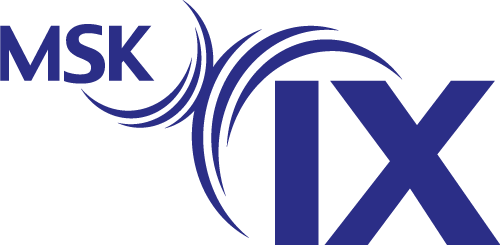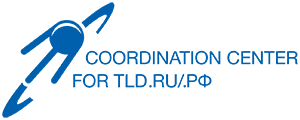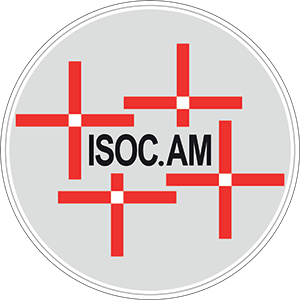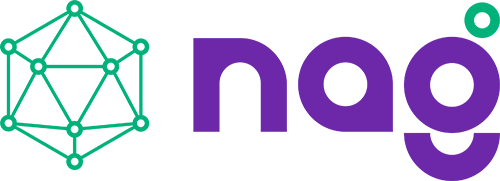- The ENOG PC is made up of a maximum of 20 members.
- Participation on the PC is done on a voluntary basis.
- PC members are expected to:
- Actively participate in forming the programme of the ENOG meeting. This implies active participation in PC activities (teleconferences, on-site meetings, reviews, etc.) and working towards reaching consensus on decision points.
- Actively seek content that is relevant and interesting to the ENOG community. This includes reaching out to presenters of interesting talks, people involved in projects, research or other activities that may be of interest to the community.
- Stay aware of the topics that address the needs and interests of the ENOG community. This requires good knowledge of relevant regional and/or international issues and usually assumes attendance at ENOG meetings.
- Actively publicise the meeting and its agenda to potential attendees, using personal contacts and social networking.
- The default PC decision-making method is by consensus and voting is only carried out if consensus cannot be reached.
- Anyone expressing interest is welcome to apply to join the PC.
- There is no term limit for participating on the PC.
- The PC selection process will take place at the end of each calendar year.
- The selection process will involve:
- Having current PC members acknowledge that they would like to
continue serving on the PC. - Sending out a call on the ENOG mailing list to fill the remaining seats.
- If the the number of candidates is greater than the number of available seats, the current PC members will vote (via email) on their preferred candidates.
- Having current PC members acknowledge that they would like to
- The PC will elect a new PC Chair and Vice Chair(s) from among the PC members every two years or when one of the seats becomes available. The election procedure has to be agreed by the PC.
-
The PC Chair
- The main task of the PC Chair is to make maximum efforts to produce a high-quality programme aimed at retaining and building the core audience in accordance with the ENOG mission. He/She is expected to achieve that by, among other things:
- approaching active industry representatives to join the PC,
- promoting ENOG meetings among different market players,
- summarising opinions, drawing conclusions and using them in future work.
- The PC Chair will cast the decisive vote in the event of any PC voting situation were a tie has occurred.
- The PC Chair may make decisions on behalf of the PC when the PC voting cannot be organised in a timely fashion.
- The PC Chair has to provide the proper transparency of ENOG PC procedures and decisions.
- The PC Chair should organise (in cooperation with the ENOG Secretariat) regular PC meetings or conference calls to ensure that the materials are of the highest quality for the next ENOG event(s).
- The PC Chair has the right to represent the ENOG PC during ENOG meetings, other public events, in the media and so forth.
- The PC Chair is the official liaison to the Organisation Committee.
- The PC Chair is elected to a two-year term.
- The main task of the PC Chair is to make maximum efforts to produce a high-quality programme aimed at retaining and building the core audience in accordance with the ENOG mission. He/She is expected to achieve that by, among other things:
-
The PC Vice Chair
- The general tasks of Vice Chair are:
- to aid the PC Chair as necessary,
- to work towards ensuring active participation of PC members,
- to perform duties of the PC Chair in his absence.
- More specific tasks can be assigned to Vice Chair by the PC Chair with the consent of the PC during PC meetings or conference calls.
- The Vice Chair is elected to a two-year term.
- The general tasks of Vice Chair are:
-
The ENOG Representative in the RIPE Programme Committee (PC)
- The ENOG Representative in the RIPE PC is responsible for:
- sharing the best practices between the RIPE PC and ENOG PC,
- bringing the needs and concerns of the ENOG audience to the RIPE level,
- sharing the common trends from RIPE with the ENOG audience.
- The ENOG Representative in the RIPE PC is elected to a two-year term.
- The ENOG Representative in the RIPE PC is responsible for:
- This charter has been produced by the ENOG PC. Changes to this charter can be only be made by ENOG PC consensus (or voting, should consensus not be reached).
Этот текст также доступен на русском

















